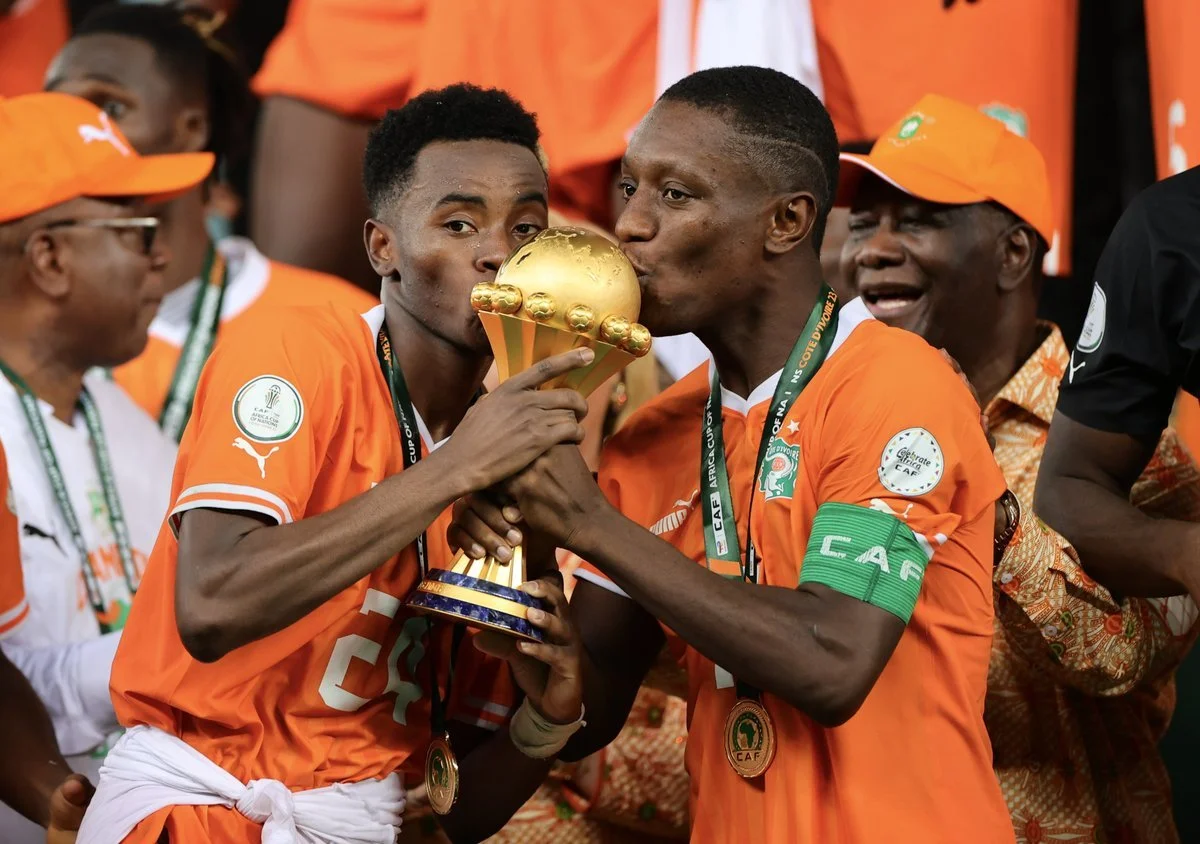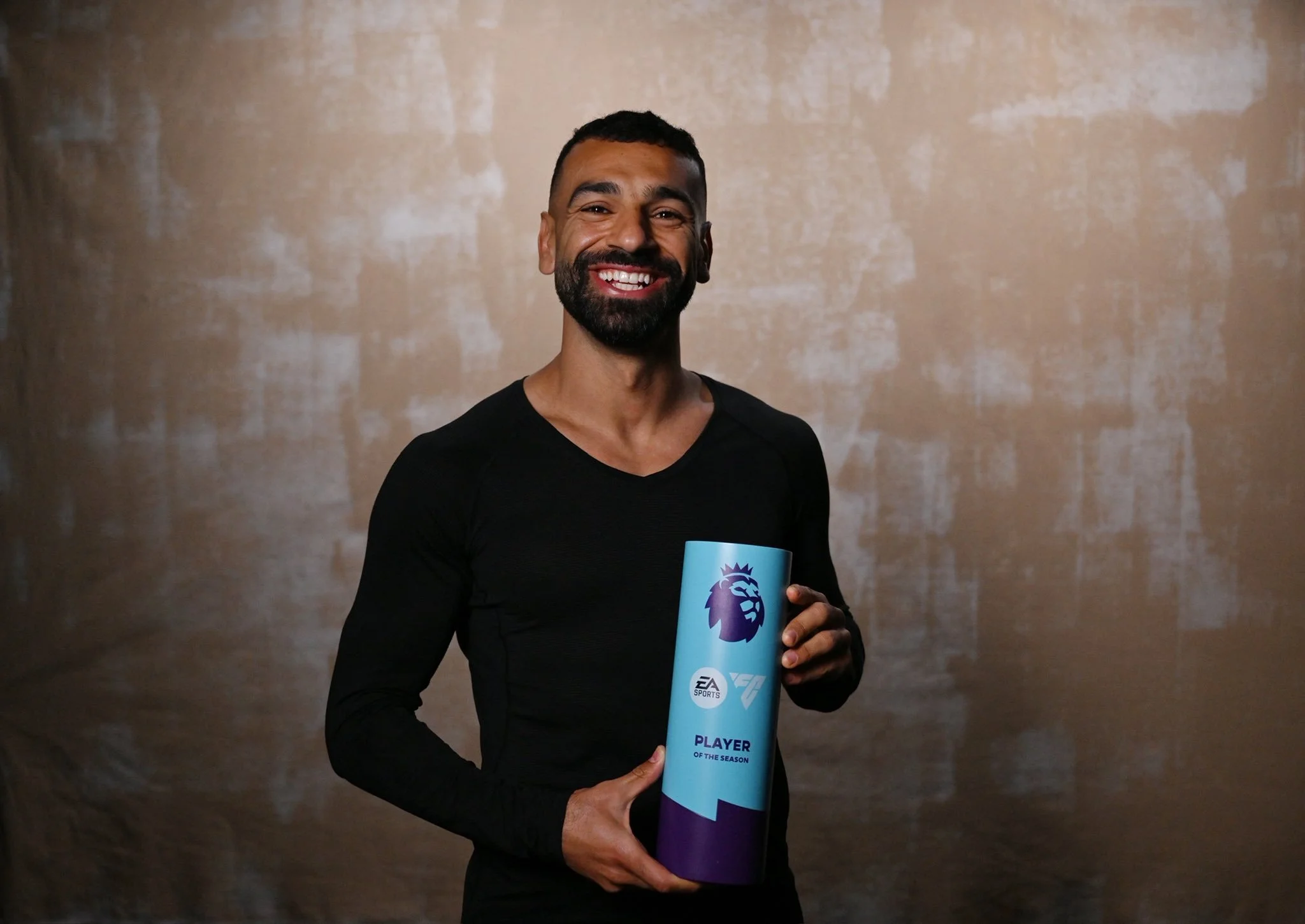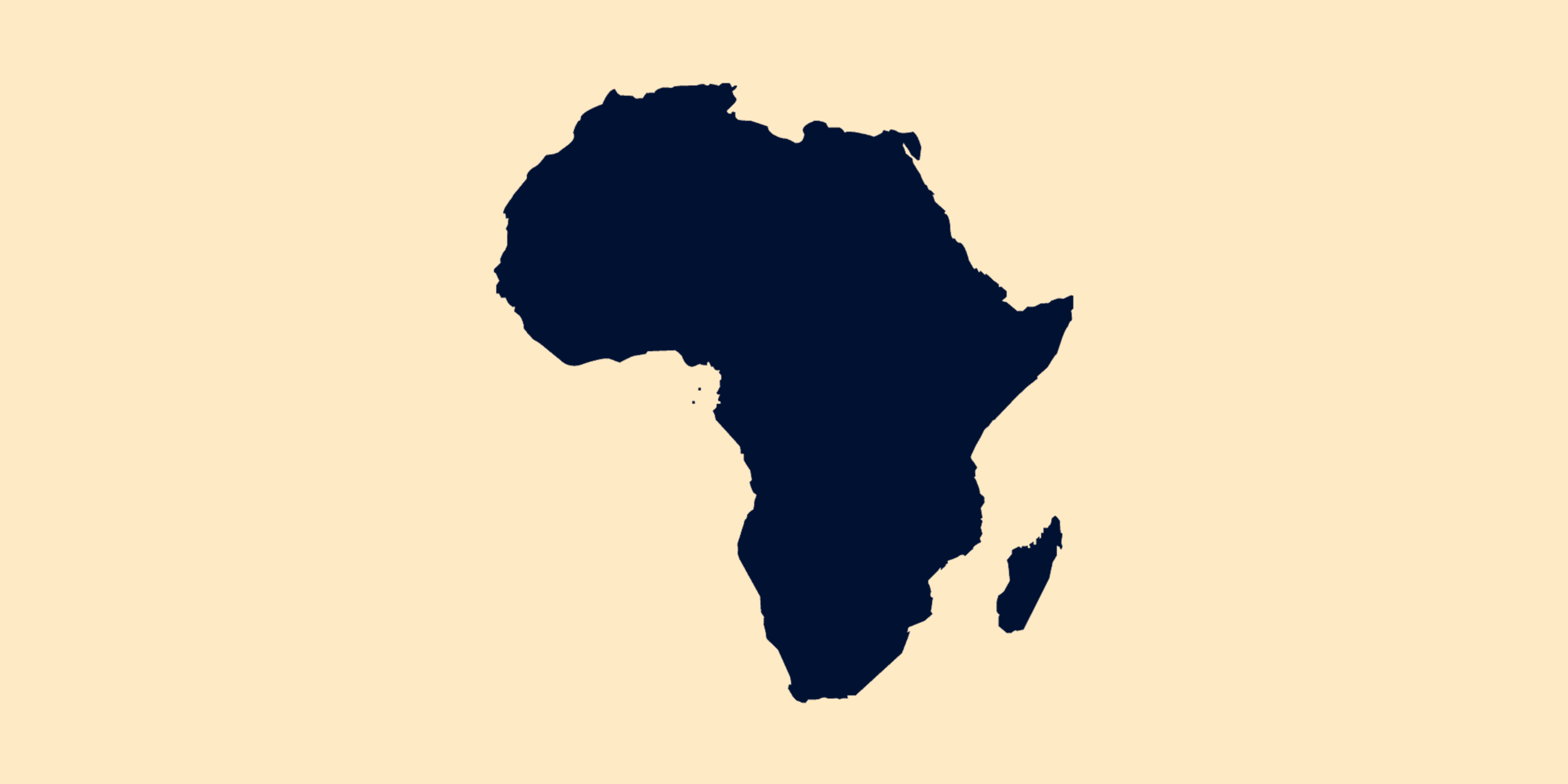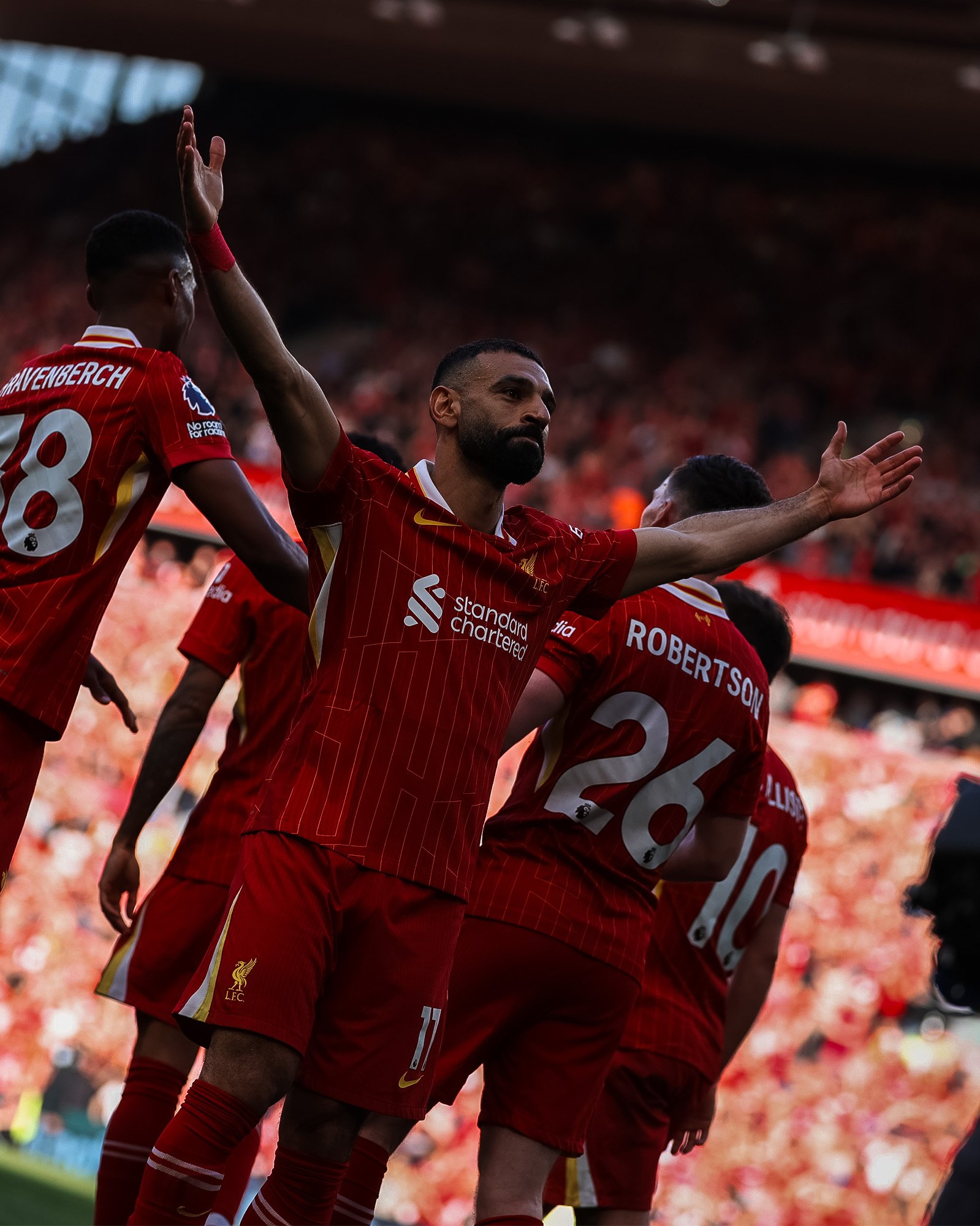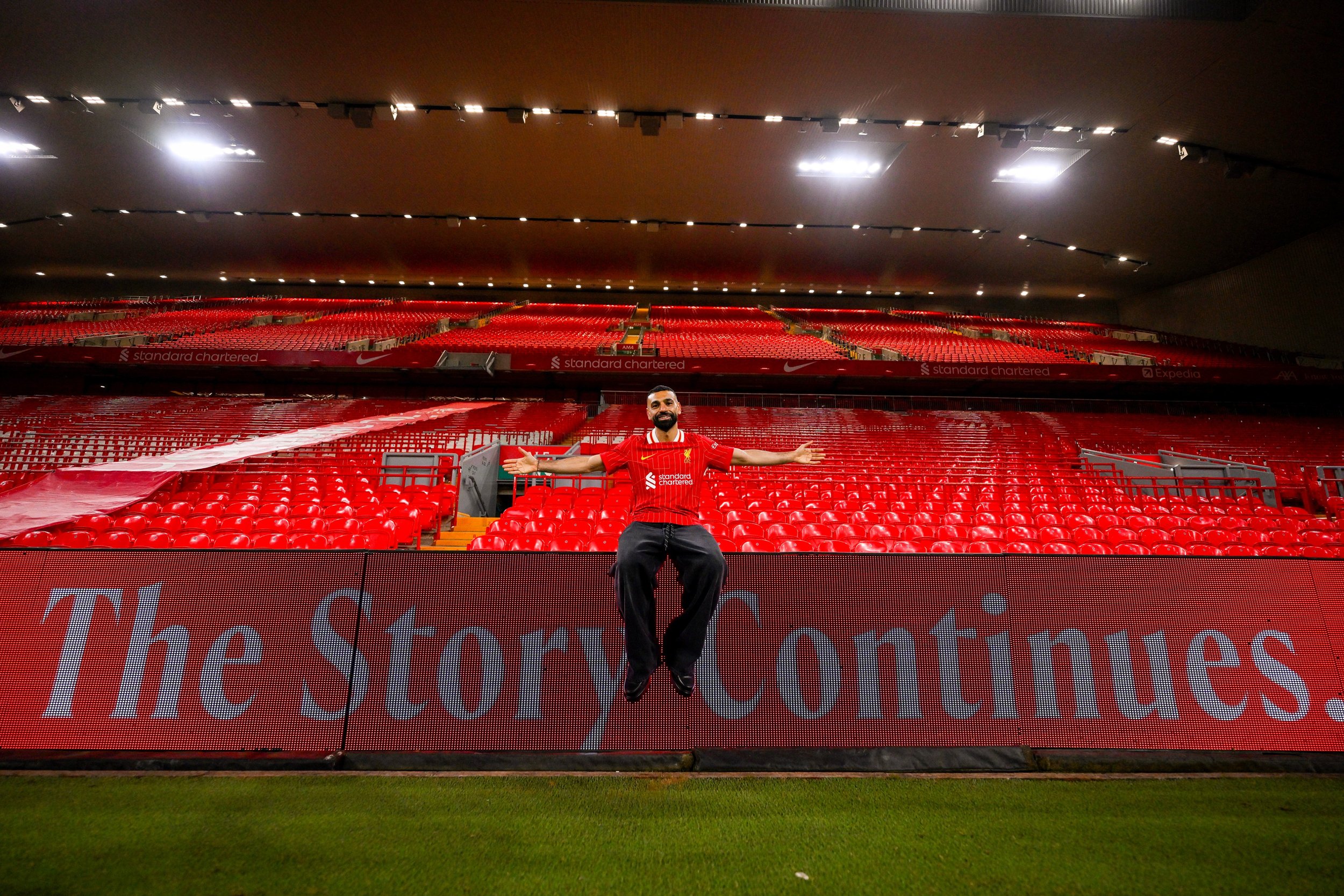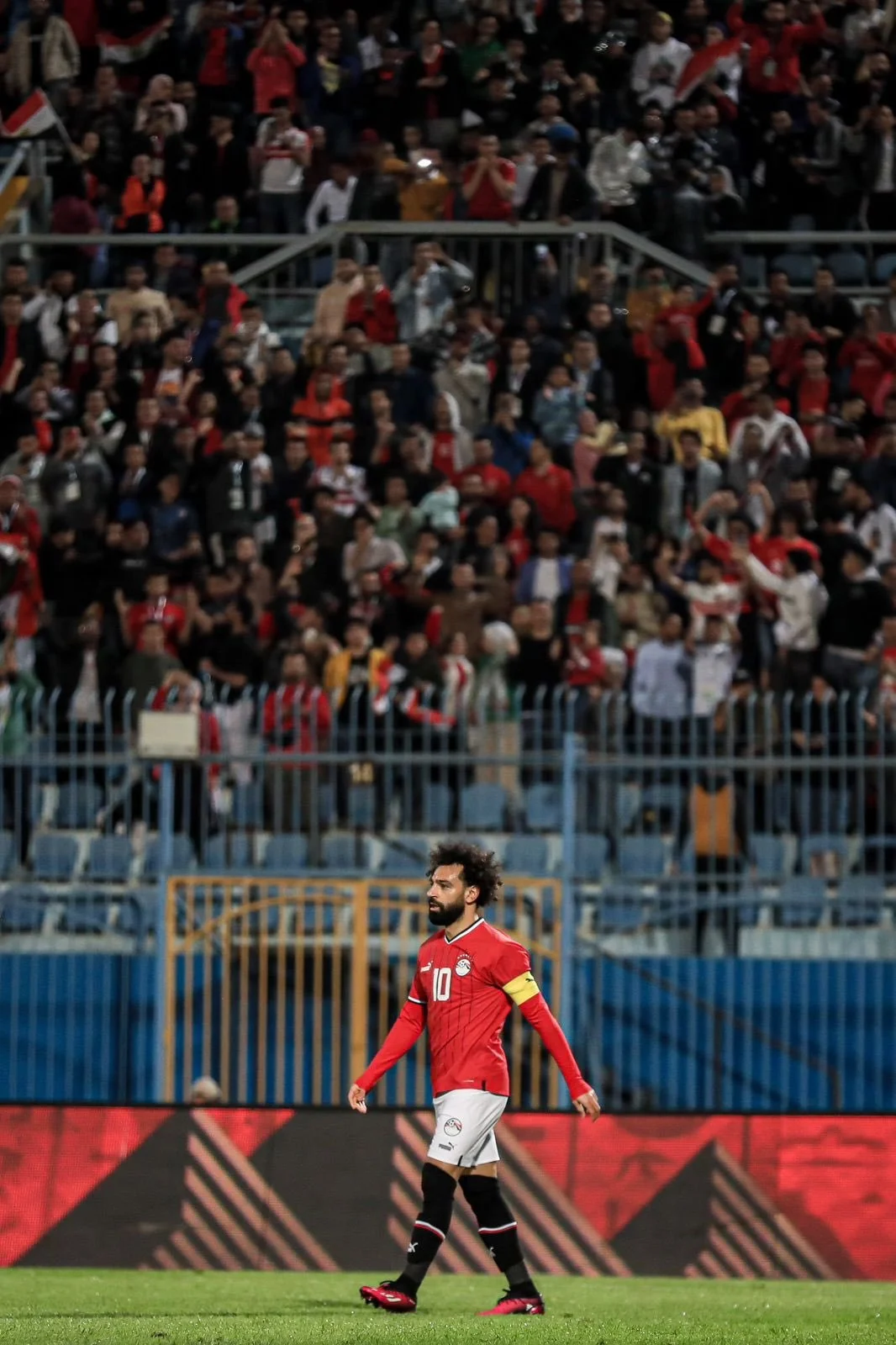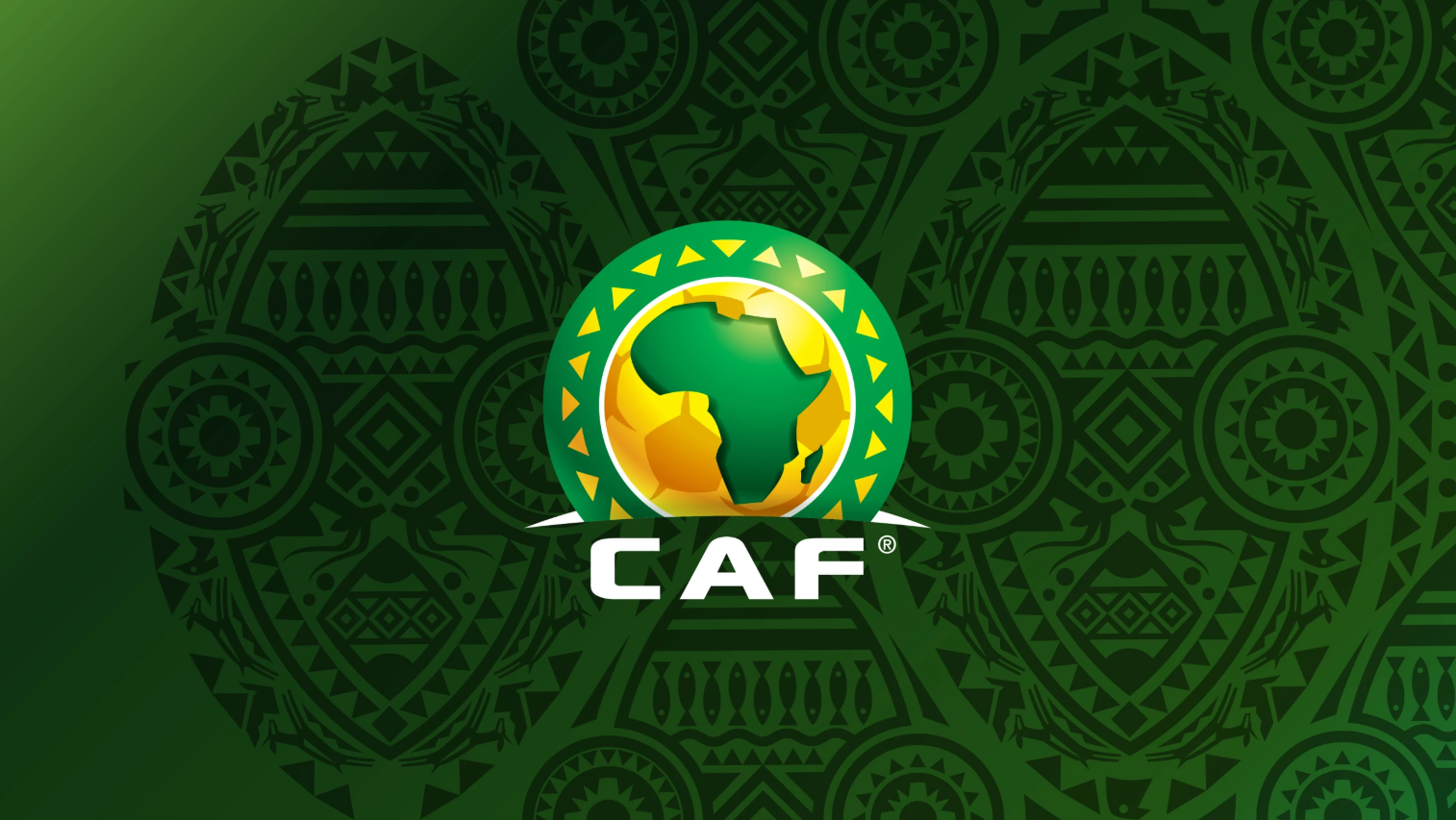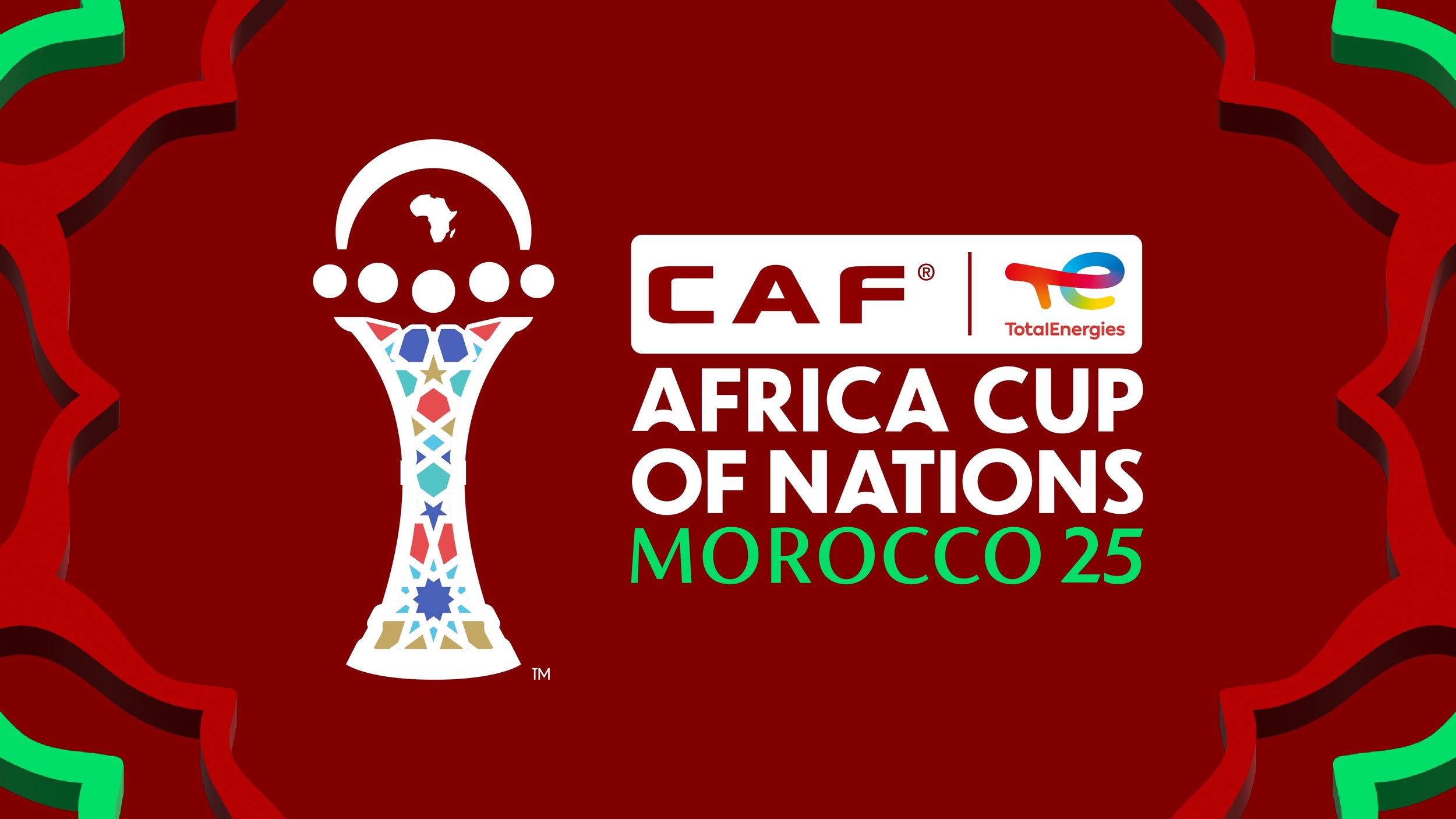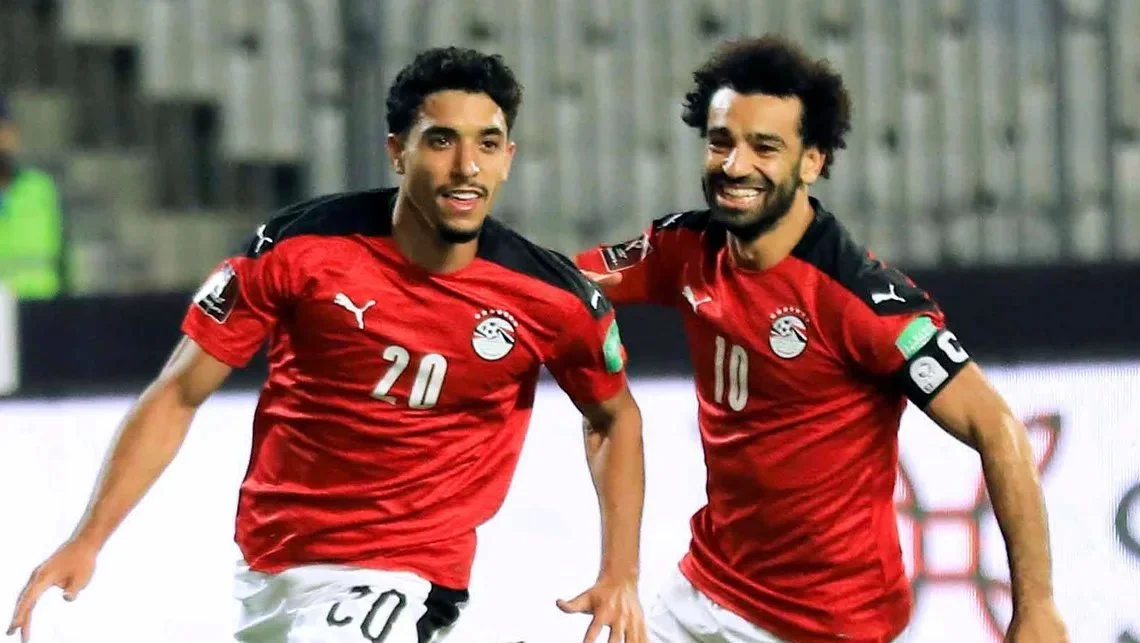The Africa Cup of Nations final provided drama and a story yesterday in the match between the Ivory Coast and Nigeria.
It was a final that matched the most unexpected, surprising, and special tournament, which also delivered quality football in many aspects and a new champion with the most remarkable journey to the crown.
Celebrating the win in the most global AFCON ever. Simon Adingra and Max Gradel of the Ivory Coast (Photo courtesy: CAF Online official X account)
The match between Senegal and Nigeria in Abidjan was a spectacular spectacle, where 60 thousand spectators filled the stadium and witnessed William Troost-Ekong put Nigeria ahead 1-0 early in the first half. Still, the Elephants fought back, thanks to a brilliant performance by Simon Adingra, equalizing through Frank Kessie after a severe mistake of Nigeria's defence and a goal from the ultimate hero, Sebastien Haller.
The heroes of the Ivory Coast do not end there. Frank Kessie completes an incredible resume in less than two years: a championship with AC Milan, a championship with Barcelona, and the AFCON with the Ivory Coast; Max Gradel, the veteran at 36, in his seventh Cup of Nations, managed to become a leader and a significant player who looks younger than his age, leading the Elephants through challenging moments to his second victory; Seko Fofana proved in this tournament he's much more than a tough midfielder, but also a brilliant player; and of course, Emerse Faé, once a grey player in the national team, and starting yesterday a true winner who carried an entire nation. He was called to lead after the dismissal of Jean-Louis Gasset and managed to instil belief, make the necessary changes in the lineup and tactics during the tournament, and come back from the grave against Senegal in penalties, against Mali in the 121st minute, and against Nigeria in the final.
But above all, it is one of the greatest sports stories in recent years. Sebastien Haller, who just less than a year ago battled cancer, managed to return to Dortmund and missed a penalty that would have secured a rare championship in Germany, but in this tournament, in a national team where things didn't click for him in the group stage, almost got eliminated if not for Zambia losing to Morocco in the last game of the group stage, Haller shone. It’s true that he's not Didier Drogba and not as talented as Wilfried Zaha, but he's a hero. The ultimate hero. His goal in the semifinal against the Democratic Republic of Congo, and the winning goal in Zlatan Ibrahimovic's style at a critical moment in the final, engraved his name in the football history of the Ivory Coast, alongside names like Yaya Toure and Didier Drogba.
It was a fitting conclusion to an AFCON where resemblance, surprise, and drama were the main actors.
It was a tournament where seven giants fell in the group stage and the round of 16 (Egypt, Ghana, Algeria, Cameroon, Tunisia, Morocco and Senegal).
Eight teams that weren't in the previous tournament's quarterfinals made it here.
Cape Verde, who made a fantastic journey and qualified from a group with Ghana and Egypt, was the official refresher.
Equatorial Guinea shocked in the early stage with a 4-0 win over the Ivory Coast and first place in a group that included both finalists. Of course, Equaguinean Emilio Nsue is the tournament's top scorer, with five goals and outstanding performances from the third division in Spain.
Mauritania, who taught the entire continent a lesson in development and resource mixing, fielded a great team that made history.
Mali, sure, they were going all the way this time, but conceded a goal in extra time against the Ivory Coast and sent the coaching staff for a cold shower of water bottles on coach Eric Chelle's head.
The Democratic Republic of Congo, who went far after years when it seemed they wouldn't return to such heights in Africa, and the critical protest and tribute of the players to raise awareness of the crisis in the eastern part of the country that claimed thousands of lives during the tournament.
Overall, this was the most global Africa Cup of Nations ever. Almost a quarter of the tournament's players were born in France, and about a third of all players were not born in Africa. Eight players were born in Paris and its suburbs in the squad of the champions, Ivory Coast.
It's a crazy statistic that illustrates several things: firstly, France is a significant influencer in world talent development, along with Argentina and Brazil.
Secondly, Paris and French suburbs are an inseparable part of Africa nowadays. Culturally, socially, and now also in sports.
Finally, the Africa Cup of Nations proved that it is an event of global importance. Not just in terms of sports but also in terms of culture, identity, and the connections it creates among players and national teams representing the continent's countries, sending their roots to all corners of the globe.

